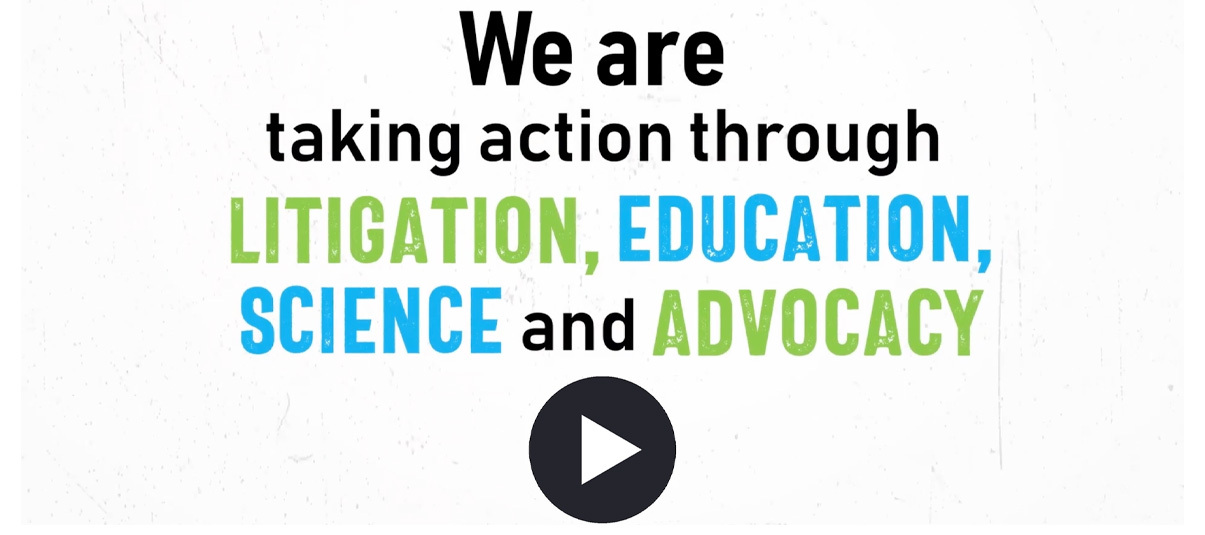Profits Before Children: The Dark Legacy of Antidepressant Corruption

From Study 329 to today’s tragedies, Big Pharma’s cover-up of antidepressant risks continues.
Award-winning investigative journalist Paul D. Thacker, writing in The Disinformation Chronicle, has reignited public attention on one of the most disturbing scandals in modern medicine: GlaxoSmithKline’s Study 329. The GSK-sponsored trial with 22 academic authors that compared antidepressant paroxetine (Paxil), imipramine and placebo for adolescent depression.
Originally published in 2001, Study 329 falsely claimed that Paxil was “effective and well tolerated” in adolescents with depression. Internal company documents later exposed a different story—one of manipulated data, suppressed evidence of harm and corporate deceit. Lawsuits revealed that the company and its academic partners concealed an increased risk of suicidal thoughts and behaviors among young patients.
Despite this, the fraudulent study remains in the medical literature, un-retracted. And one of its authors, Dr. Stan Kutcher, has faced no consequences. Once a psychiatry professor at Dalhousie University, Kutcher has since reinvented himself as a government-appointed Canadian senator and, ironically, an “expert on misinformation.”
In 2021, Kutcher partnered with University of Alberta “fact-checker” Timothy Caulfield to launch Science Up First—a campaign presented as a fight against “health misinformation,” but which, as Thacker points out, functions largely as a public relations arm for Big Pharma and government messaging.
Thacker, who has been investigating Study 329 for nearly 20 years, calls it one of the clearest case studies of academic corruption in biomedicine. It’s a story that refuses to fade because its consequences are still unfolding in real lives today.
The Human Cost
As Children’s Health Defense’s The Defender recently reported, a 12-year-old girl tragically took her own life just three weeks after starting Prozac, another SSRI antidepressant often prescribed to children.
Her mother believes that both social media pressures and the drug played roles in her daughter’s sudden death—but it was the antidepressant that triggered an alarming and rapid change in behaviour.
This devastating loss echoes the warnings buried for decades in drug inserts and court documents: SSRIs can increase suicidal thinking and behavior in children and teens. These are not rare “side effects”—they are predictable outcomes of a system that values profits over lives.
The Pattern Continues
From Paxil to Prozac, the playbook hasn’t changed:
-
Pharmaceutical companies manipulate data and hide risks.
-
Regulators look the other way or downplay concerns.
-
Academics who help sanitize the science are rewarded with prestige and positions of influence.
And now, the very people and institutions responsible for misleading the public about antidepressants are leading censorship efforts, deciding which “facts” about health the public is allowed to discuss.
Never Forget
Study 329 was not an isolated case—it was a template. It showed how corporate power, academic complicity and government protection can work together to rewrite science at the expense of children’s lives.
The story of a 12-year-old girl who never came home is a haunting reminder: when “safe and effective” is a marketing slogan instead of a medical truth, the cost is measured in human lives.
Parents deserve honesty. Children deserve protection.
And those who built careers and fortunes on deceit deserve to be remembered—for what they did, and who paid the price.
References
Paul Thacker, The Disinformation Chronicle. Do Antidepressants Work for Kids? Key Evidence Is Corrupt Study 329 and Stan Kutcher Can No Longer Deny It
CHD’s The Defender. 12-Year-Old Died by Suicide 3 Weeks After Starting Prozac, Mother Blames Social Media and Antidepressants
****************************************************************************************************************************
